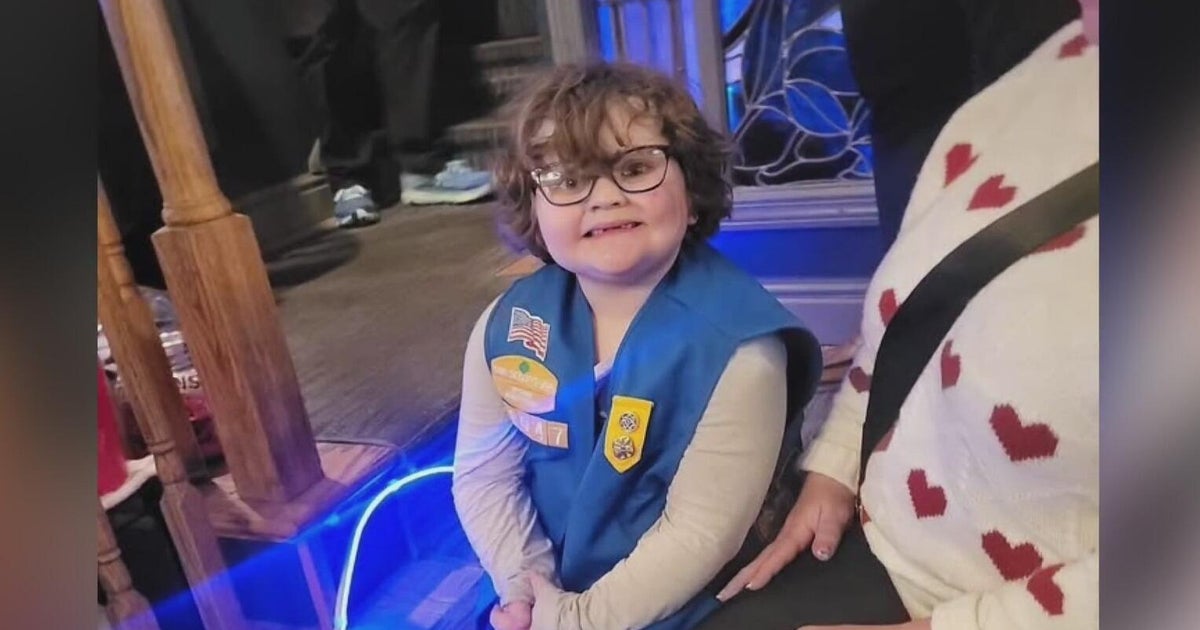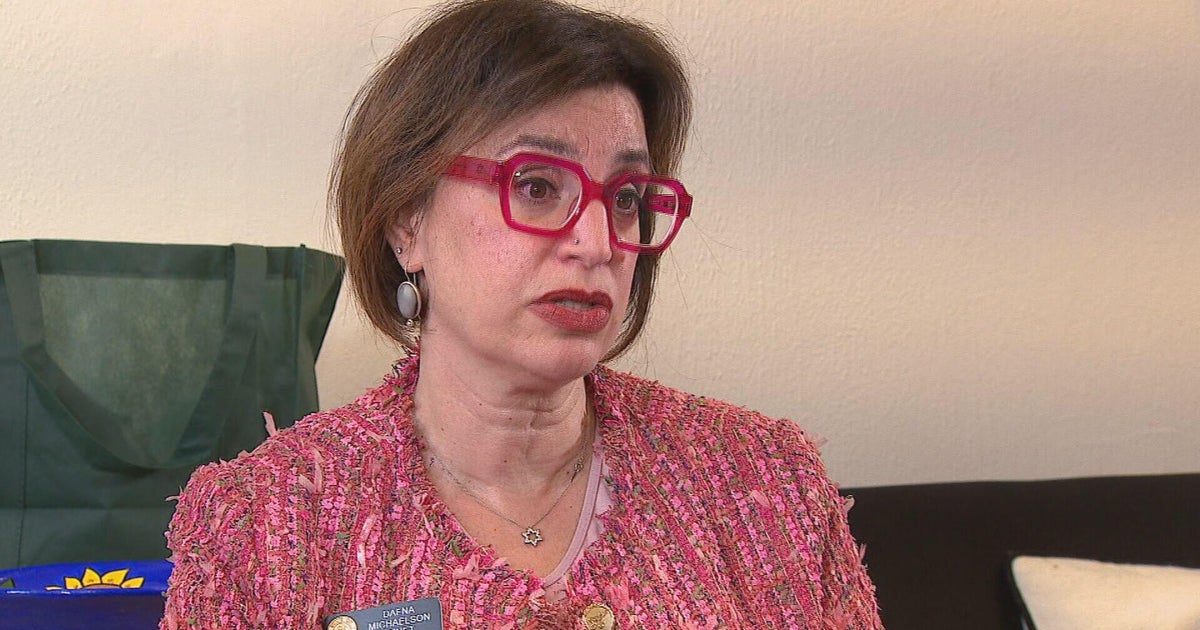Combating Social Media Misinformation: Knowing Fact From Fiction
By: John Shumway
PITTSBURGH (KDKA) - Social Media has become a vital part of our daily lives. A portal to entertainment, a connection to friends, a vital source of information.
But mixed into that barrage is also disinformation or misinformation.
Something far-fetched is easy to dismiss, but often the misinformation is intentionally made to look legit.
"Inherently we want to be right," says Robert Morris University Communications Professor Anthony Moretti. "You know we want to think that I clicked on something that was accurate or I clicked on something that was credible."
However, he says few of us will take the time to check the source.
"We choose to see the one piece of reinforcement of our beliefs, as sort of the gospel," he says. "That's all I need to know this one doctor said it therefore my opinion has been validated and I have been proven correct."
If it ended with us, that would be one thing, but Moretti says the nature of social media is our sharing.
"If I see that and I believe that I'm going to instantly click on it, or like it or share it," he explains.
Which he says can be a real problem.
Case in point: a recent post claiming the coronavirus vaccines can damage a woman's fertility.
That claim has repeatedly been debunked by top medical experts but the claim has gone viral prompting many young women to avoid the vaccine.
"That's one of the very real reasons that, you know, those sorts of statements or those sorts of lies scare me, is because they then start impacting decisions," Moretti says. "I don't think people look at it and they say, No, I know I'm being lied to. I think they look at it and they honestly believe that what they're reading is the truth, and that scares me."
Moretti stresses in the classes he teaches that it is critical for the reader of anything online take some time to check the source but knows that is rare.
"Because checking is hard because I might be proven wrong so to speak, we choose not to do it and we do it at our own detriment because again, what that allows is that exponential spread, you know, 'see I told you I was right,' when in reality I was very wrong...And it continues," he says.
WATCH: How Social Media Companies Can Help Combat Misinformation
Moretti believes the social media companies have a responsibility to shut down the vaccine misinformation, or deliberate disinformation which is feeding vaccine hesitancy.
He points out they did it during the election.
"I don't think when you allow lies and misinformation to deliberately enter your platform, then you are not holding up your end of the bargain," Moretti says.
Members of Congress are also calling on the social media giants to take action.
Facebook and Twitter have responded that they are taking action but Moretti says they need to do more.
In the meantime, check the source and don't make life or health decisions based on a social media post.







